Editorials of the Iranian newspapers today focused on the damage of cultural heritage of Tehran in light of selling Alaa Aldawla home, governor of Tehran, at a public auction in favor of specific organizations, although it is registered within the cultural heritage of Tehran. They also discussed poor management of oil fields, the consequences of oil extracting, and the average age of the field. Editorials make warnings about water and ground water contamination in addition to soil and agricultural products.
Iranian press highlighted interviews conducted by the National Security Advisor to the Pakistani Prime Minister in Tehran, including a meeting with the Minister of Interior Affairs, in addition to the defense minister’s comments on the missile program and emphasis on proceeding on with it. They also handled denying Ahmadinejad from teaching. Socially, a cleric calls for tackling the artist Lila Hatami, because of a post on Instagram.
![]()
“Oil fields managers lack interest in re-extraction rate” Sharq Newspaper warns from poor management of the Iranian oil fields. The editorial says that re-extraction rate means the percentage of oil that can be extracted from the sediment layer of the ground; a proportion varies from one field to another and influenced by many factors. The proportion of re-extraction rate in the Iranian fields is between 18 to 27%, and perhaps most research efforts, as well as scientific and technical developments in the global oil industry, are aimed at raising this rate. Oil countries utilize several methods to either raise the extraction rate or preserve oil reserve from leaking deep in the layers of the ground away from the main oil fields, as a result, the average age of oil fields increases. For instance, Norway started re-pumping gas into the oil fields beginning of1975 until now to increase re-extraction rate and the average age of the field. Consequently, oil production of Norway has increased, while Iran burns large quantities of gas in Ahwaz oil fields that equal the amount of gas produced in South Pars fields, without using it in improving oil fields to raise the extraction rate, but on the contrary, inflict environmental pollution. Shell Company uses gas and water pumping technique in its Iranian offshore fields such Soroush and Nowruz. Statistics show that the pumped gas rate into the old Iranian fields run by foreign companies does not exceed a quarter of what is agreed upon, meanwhile specialists believe that 300 to 350 million cubic meters must be pumped per day. In 2002 and 2003 Iran decided to relocate the gas produced in three wells in South Pars field and pump it into Agha Jari oil field and has built a refinery to purge gas from lead compounds, or what is known idiomatically sour gas sweetening. However, the transportation of such highly toxic gas over long distances with the possibility of leaking will cause a severe environmental pollution. This problem is of two sides, the first one is that oil agreements between Iran and international companies do not include pumping gas into oil fields to increase re-extraction rate. The second one is related to the region in general. Iran’s burning of oil fields in Ahwaz is disastrous to the regional environment, in addition to the long distance transportation of sour gas that causes high toxic environmental pollution, which makes Iran’s neighboring countries respond to preserve the environment of the Arab Gulf region.
“Destruction of historic buildings; a mafia of trade conspiracy” Arman Newspaper opens the file of selling historic buildings in Tehran and convert them into residential towers by commercial mafia relevant to government agencies. The editorial says that the cultural heritage of Tehran is now being destroyed despite the existence of a cultural heritage commission. The editorial writer, a member of Tehran City Council, said that he had asked President Hassan Rouhani to create a plan to preserve the national heritage within the Sixth Improvement Plan. President responded, “With God Willing”, and recommended investigation of this issue. Rouhani had angered Tehran residents at the International Conference of Mayors, which was held in Tehran recently when he said that he would not blame mayors on their efforts to create income resources to manage their cities. These words were considered an approval of converting public parks into concrete buildings to create sources of income. The sale of historic buildings of public ownership or those under the control of sovereignty organizations in the Iranian regime, most likely, the Revolutionary Guards and the intelligence or Khamenei office; the bodies that took over the properties of Reza Pahlavi family, estimated by tens of thousands of real estate and land, is also added to corruption and scandals of the government. The editorial also focuses on the sale of Alaa Aldawlah’s house, governor of Tehran in a public auction in favor of one of the aforementioned bodies for 3.7 million USDs, although it is registered within the cultural heritage of Tehran. Moreover, in the light of the financial scandals of the regime and Rouhani’s government, the selling off historic buildings is added to financial corruption of the regime, which undoubtedly will increase public anger and lack of confidence of the Iranian people in this regime.
“Tehran drowned in sewage,” Avrinsh Newspaper handles serious reports about the infrastructure conditions in Tehran. The editorial says, according to reports of the Committee of Agriculture, Water, and Natural Resources in the Iranian parliament, only 40% of sewage water had been treated in Tehran. Meanwhile, 60% of sewage drained contaminating groundwater and agricultural lands in southern Tehran. This is a serious issue not to be ignored. The effects of contaminated water appear on crops in southern Tehran, especially vegetables, and cause fatal diseases for people such as stomach cancer; a prevalent disease among Iranians. Because of the high cost of sewage network installation, only 40% of homes are connected to drainage networks. The rest of them are connected to sewage wells at homes that leak to the groundwater level in an amount of 400 million cubic meters of raw sewage mixed with groundwater inventory. The most dangerous matter is that 50% of Tehran’s drinking water comes from this mixed sewage-groundwater with no governmental reaction to tackle this problem or even a warning toward the dangers of such waters. Nowadays, most countries of the world have refining and sewage technologies; meanwhile, Iran is still suffering groundwater, soil, and agricultural pollution.
![]()
♦ Delay of new aircraft arrival in Iran
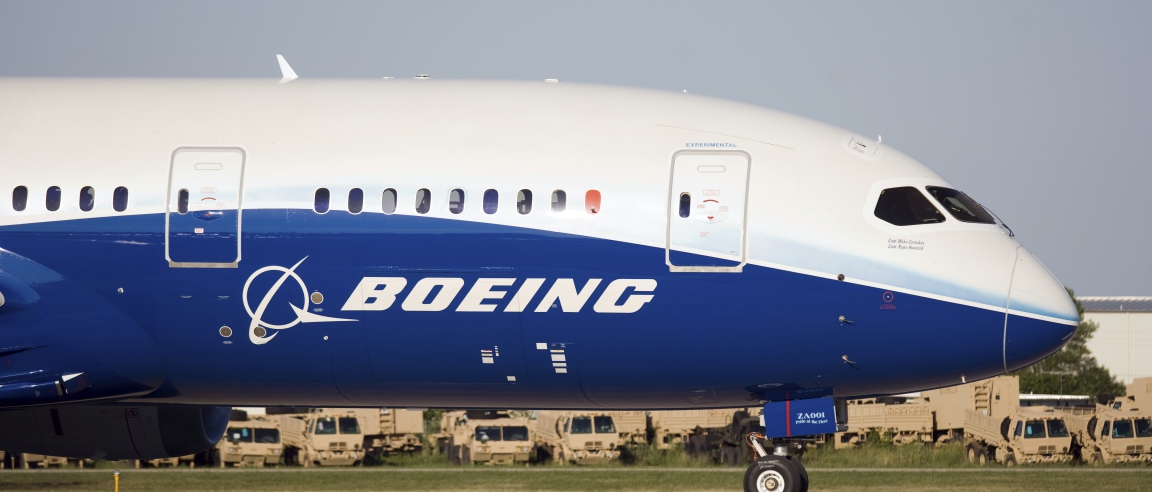
Iran’s former representative to the International Civil Aviation Organization “ICAO” said that Iran’s non-admission to the International agreement “Cape Town” is not only an economic issue but also could cost Iran big losses in the final agreements with the manufacturers of the aircraft. Ali Reza Manzari added in his interview with ISNA News Agency that the international agreement is currently one of the pillars of the global aviation unions, stressing that he presented the impact of non-admission to membership in selling aircraft to Iran.
Source: Abrar Eghtesadi Newspaper.
♦ The proportion of jobs in Iran, one woman versus 5.3 men
Recent statistics indicated that the Iranian private labor market has one woman employee against 5.3 men. Results last year showed that approximately 24% of employees are males, while females amount to 15.8%. According to these statistics, there are 2.3 unemployed men against every unemployed woman.
Source: IRNA.
♦ Dehghan: No one can make a decision about the Iranian missile program
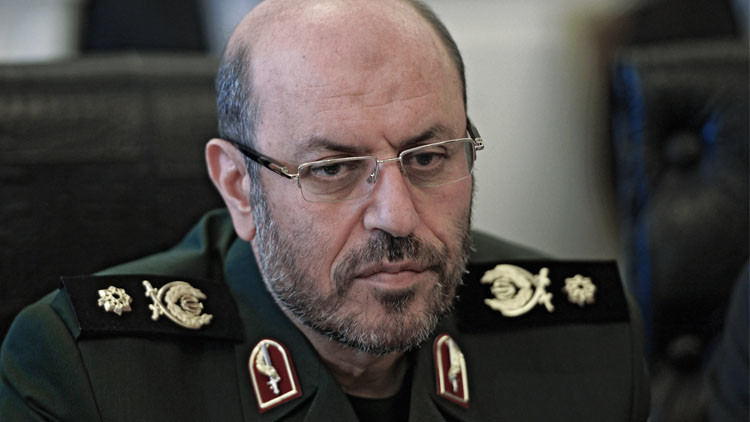
Iranian Defense Minister Maj. Gen. Hussein Dehghan said that America and other countries have nothing to do with Iran’s missile program and no one can make a decision about this program. He explained that the joint action plan and 2231resolution are currently taken as excuses of virtual procedures of some countries.
He added that no pledge or conditional approval to stop this program has been declared. Accordingly, the Iranian missile issue is just an excuse for launching internal propaganda with the coming of the presidential elections. Dehghan also stressed that these practices result from the Arab countries demands led by Saudi Arabia and the Zionist entity.
He concluded that all countries have experienced, over the time that Iran is acting along with its interests and bears costs of that, and that Iran will prevail at the end, stressing that the Islamic system is the determiner of security and national interests, and the regime is the decision maker concerning defense and national security techniques.
Source: Mehr News Agency.
♦ Cleric calls for tackling Lila Hatami
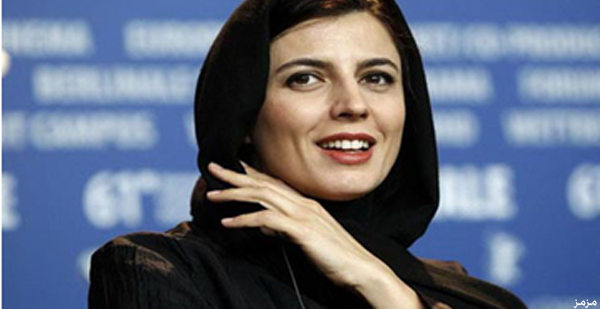
Basij agency published a letter from the cleric, Hussein Khademian, to Hezbollah forces in order to deal with Lila Hatami, and demanded this artist repentance because of her point of view about Hijab. Khademian called the Iranian artist wager of the devil as well as the advocate of ignorance and evil.
According to the letter, all Muslims who have sensation should face Hatami’s improper behavior of Islam, Quran, and the doctrine, calling legal guardians to tackle Lila Hatami and warning officials of neglecting this issue.
This message came as a reaction to an Instagram post about Hijab on Hatami’s page that says, “they say that women should wear Hijab, so the man does not commit a sin as if they say, the sun should not be shining, so ice-cream not melts on your hands).
Source: Degerban Site.
♦ Chairperson of the Revolutionary Court in Tehran: Hossein Fereydoun has links with the bank corruption network
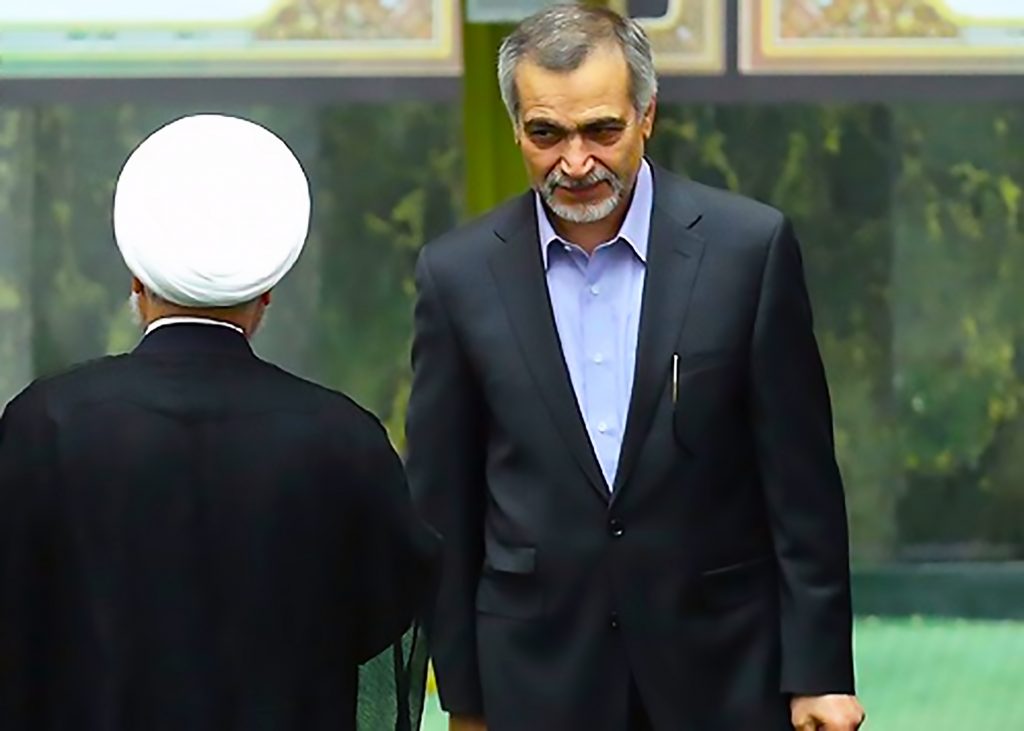
Head of the Revolutionary Court in Tehran, Mousa Ghazanfar Abadi, clarified that there is some information about the connection of Special Assistant of the President, Hossein Fereydoun, with corruption networks after the arrest of some members linked to bank corruption network by Revolutionary Guards Intelligence. He added that if this information is true, it would be a disaster, hoping that it is fallacious. Finally, he stated that president should issue a severe punishment on his brother, but asked the court to charge him with life imprisonment.
Source: Sharq Newspaper.
♦ Objections on the publication of an insulting article in a local newspaper in Tabriz
With the growing objections on the publication of an article in Tarh Nou Newspaper in Tabriz, which used humiliating language against Turkish citizens and misogynist topics, Mohammed Mahamadbour, Director General of Guidance Department in eastern Azerbaijan province, declared that he would deal with writers in this magazine. He said, “It is recognized that the humiliating subjects of this magazine are being rejected, and despite that the editor in chief had declared that this topic was not deliberately published and would be stopped, law should take its course, and currently, legal procedures will be taken to deal with the author of the article, which is being pursued seriously”.
This article has been published in July 30th edition of Tarh Nou Newspaper, and provoked objections on social media sites and universities of East and West Azerbaijan. Among the objections, a number of students from the University of Arumiyia demonstrated a protest against this article.
The article was published under the title, “Seven Adventures of Rustom”, and used individuals of “Turks of bad luck” and “Turks of bad ethnicity” in addition to other insults against the Turkish people. They claimed that those statements came from “Rustom” the legendary personality in the Iranian Shahnameh.
Source: Iran Wire.
♦ Minister of Interior Affairs: Iranian-Pakistan relations are strategic
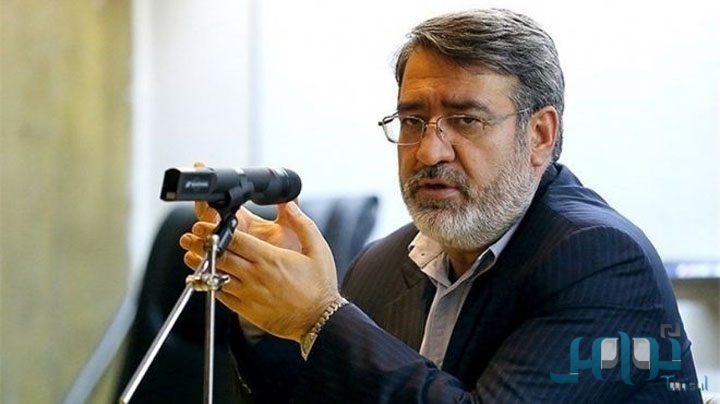
Minister of Interior Affairs, Abdolreza Rahmani Fazli stressed the need for enhancing relations between Iran and Pakistan.
He said in his in a meeting with retired Gen. Nasser Junejoah, Pakistani National Security Advisor, who is officially visiting Iran, that they are ready to hold another meeting of the Joint Economic Commission between the two countries to follow up previous agreements.
He also stated that Iran and Pakistan share 900 km of borders. They are sharing common religious, cultural, and historical denominators. Their relations are strategic and look for peace, security, tranquility and progress for Pakistan, as a government and people with all their efforts to strengthen relations with Iran.
He stressed that they are ready to establish border security committees between Iran and Pakistan, and invited Pakistani Minister of Foreign Affairs to visit Iran.
In reference to the people of the region’s concerns from the enemies of freedom and independence of nations including ISIS and the intervention of foreign forces, he stressed that they are rejecting any intervention that leads to split Muslim countries.
Source: ISNA Agency.
